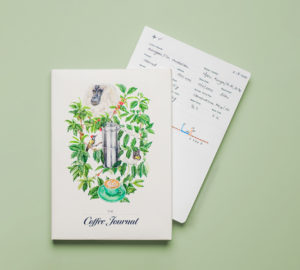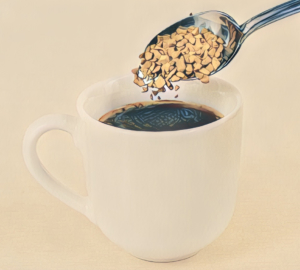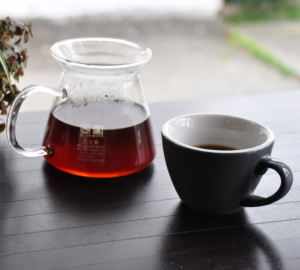
One fun characteristic about me is that I like to smell books. Maybe it’s weird, I dunno. They just smell good. Old, new, it doesn’t matter. The first thing I do whenever I acquire new reading material is inhale deeply of the semi-sweet aroma emanating from the spine. But as it turns out, there may be a very good reason for my predilection. Researchers from the University of London‘s Institute for Sustainable Heritage have published a study showing that old books smell like coffee and chocolate.
According to an article in Bustle, the researchers have created a “Historic Book Odour Wheel” that breaks down that delightful old book smell into eight categories: “Chemical/Hydrocarbons, Earthy/Musty/Mouldy, Fishy/Rancid, Fragrant/Vegetable/Fruity/Flowers, Grassy/Woody, Medicinal, Smoky/Burnt, and Sweet/Spicy.” Each category is then further parsed into two to six sub-divisions (sound familiar?).
The purpose of the odor wheel isn’t just to provide cupping scores to sacred tomes (which is basically what I would use it for), but to help archivists discern the health of the book. As it turns out, a book’s aroma can signal if it is “in danger of disintegrating, or if there happens to be something destructive in their environment.”

There is one problem with the odor wheel, though. Even though coffee was the second-most recognized smell in older books—second only to chocolate—it doesn’t have its own spot anywhere on the wheel. Personally I think they should just inset the entire specialty coffee flavor wheel into the odor wheel, but maybe that’s just me.
Either way, it’s just nice to know that I like smelling books not because I’m weird but because of their subtle coffee aromas. That’s more normal, right?
Zac Cadwalader is the news editor at Sprudge Media Network.
*all image via Heritage Science Journal
































